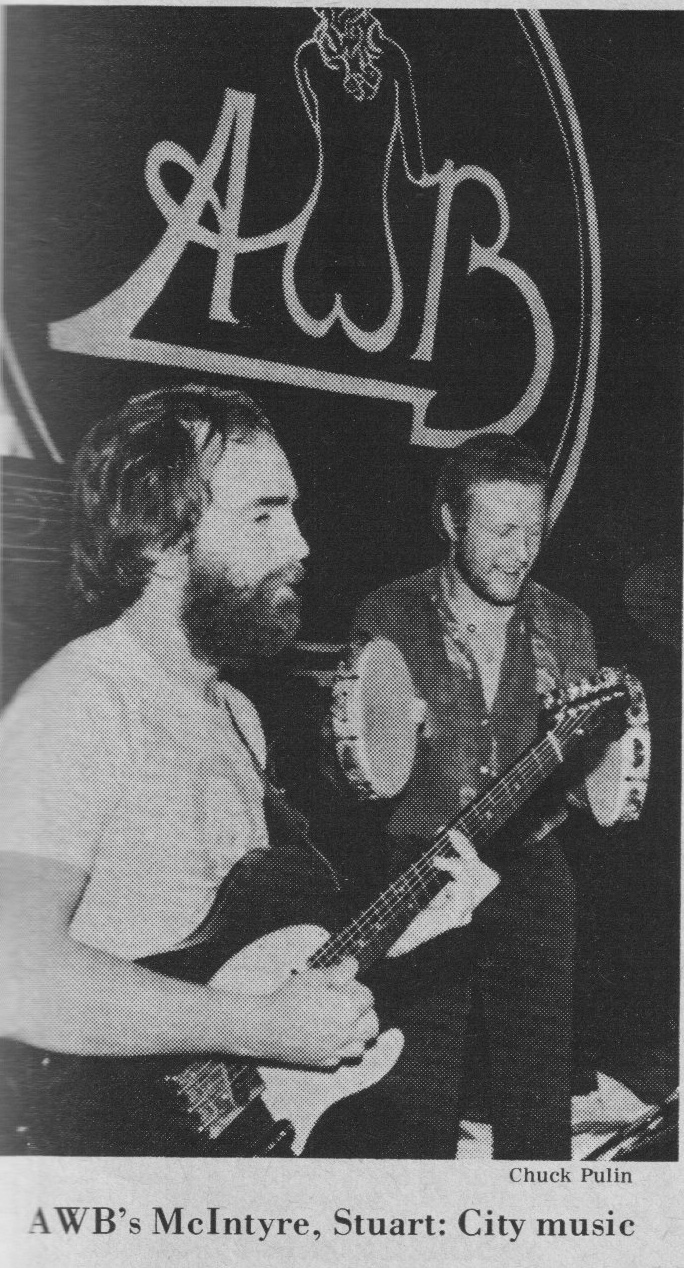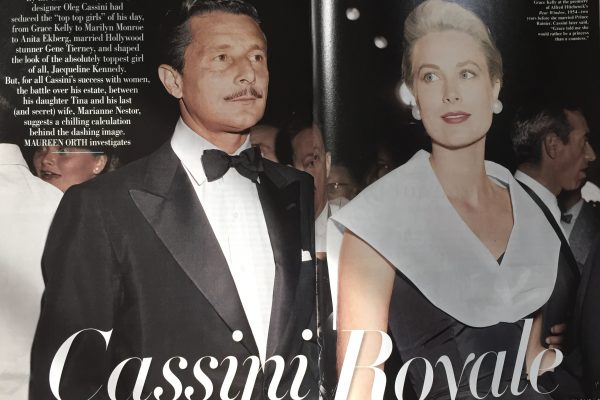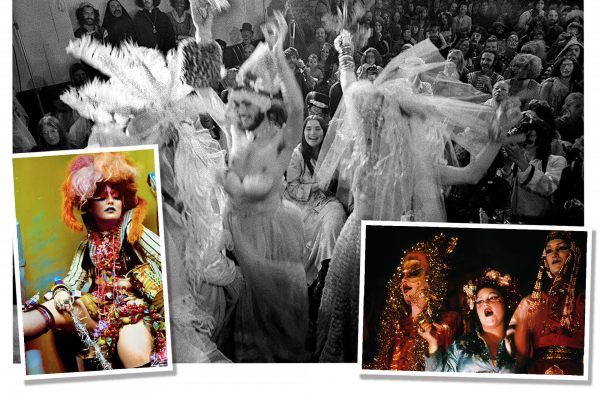Original Publication: Newsweek – March 24, 1975
Drugs and death have bedeviled rock music from the beginning, claiming such casualties as Jimi Hendrix, Janis Joplin, and the Rolling Stones’ Brian Jones. This disquieting duo seemed to have struck again when front-page stories recently blazoned the death of Robbie McIntosh, 28, drummer for a top British group, the Average White Band, from an overdoes of heroin at a Hollywood party. The story had all the tabloid trappings, including TV star Cher allegedly saving the life of another band member by walking him around for hours. The man at whose party McIntosh sniffed the fatal dose, Kenneth Moss, 31, founder of the now defunct Freelandia airlines, in under indictment for murder.
It would be hard to find a more unlikely group to trigger such headlines than the Average White Band’s five young Scotsmen. “We’re not into drugs,” says saxophonist Malcom Duncan. “Scotch is our poison.” McIntosh’s mysterious death came in the euphoria following the group’s closing night at Los Angeles’s Troubadour. Since then, their Atlantic LP, “Average White Band,” and the smash instrumental single, “Pick up the Pieces,” have gone to No. 1 on the charts.
Delicious: Behind the headlines the Average White Band is an exciting group with the potential to be what they music busines calls “monsters,” musically and commercially. Its twist is five sexy Scots who write, play and sing as if they were raised on soul food instead of haggis. (The band has reduced its average whiteness with the addition of its hot new drummer, English-West African Steve Ferrone.) Their original songs sound pure, urban and black and so do the lead vocalists, guitarist Hamis Stuart and bass player Alan Gorrie. When they are joined on the high background harmonies by guitarist Onnie McIntyre, Motown should at least curtsy respectfully. The AWB’s tight rhythyms, topped by the saxophones of Duncan and Roger Ball, who also plays the keyboard instruments, are delicious for listening, dancing or extramusical activities.
Now if they could just get their onstage act together. At the recent concert in New York’s Avery Fisher Hall, the second of their current national tour, the AWB was received as affectionately by blacks as by whites. But they clunked around the stage in average clothes making average moves. They played a repertoire including “Work to Do” and “Person to Person” from the LP, which was all too wholesome and sincere for theatrical effect. Let’s not have pale imitations. Real soul brothers know that laying back is not the same as getting down. If you got it – shake it.
Pact: Close friends since the ‘60s, they all grew up about 40 miles from each other in Scotland. While in art school in Dundee, Duncan, Gorrie and Ball, who’s an architect, owned a jazz club in Perth. In Sunday jams they swapped ideas inspired by black jazzmen like Cannonball Adderley and John Coltrane. “Ours is definitely city music,” says McIntyre. “As soon as we landed in Detroit we said, ‘Uh huh, Glasgow!’”
From Scotland the group drifted with different bands to London and ended up first as starving musicians and later as studio musicians. They all met by chance one night at a rock concert in Albert Hall. Six months later, after cutting three songs together, they made a pact: “Let’s be a soul band and go on the road,” Their name comes from a word play on an old British colonial expression – “This is too much for the average white man.” After a brief stint and one record on the MCA label and a stay in Los Angeles to record behind Bonnie Bramlett, the Average White Band was heard by Jerry Wexler of Atlantic Records, Aretha Franklin’s creative guiding light. He signed them and took them to Miami to record with Bette Midler’s producer, Arif Mardin.
White artists have often made millions ripping off authentic black sounds. There’s no doubt the Average White Band owes much of its success to the current popularity of black disco music. But, significantly, blacks like it as much as whites. The AWB gets big air play on black radio and has struck a vein with the black record-buying public. “It’s not a matter of choosing,” says Roger Ball. “Black is the only thing we can do. It just happens subconsciously.” “We’re lucky,” says one black fan, “that they’re not average. They’re baaad!”
This article is typed from the original material. Please excuse any errors that have escaped final proofreading.




No Comments